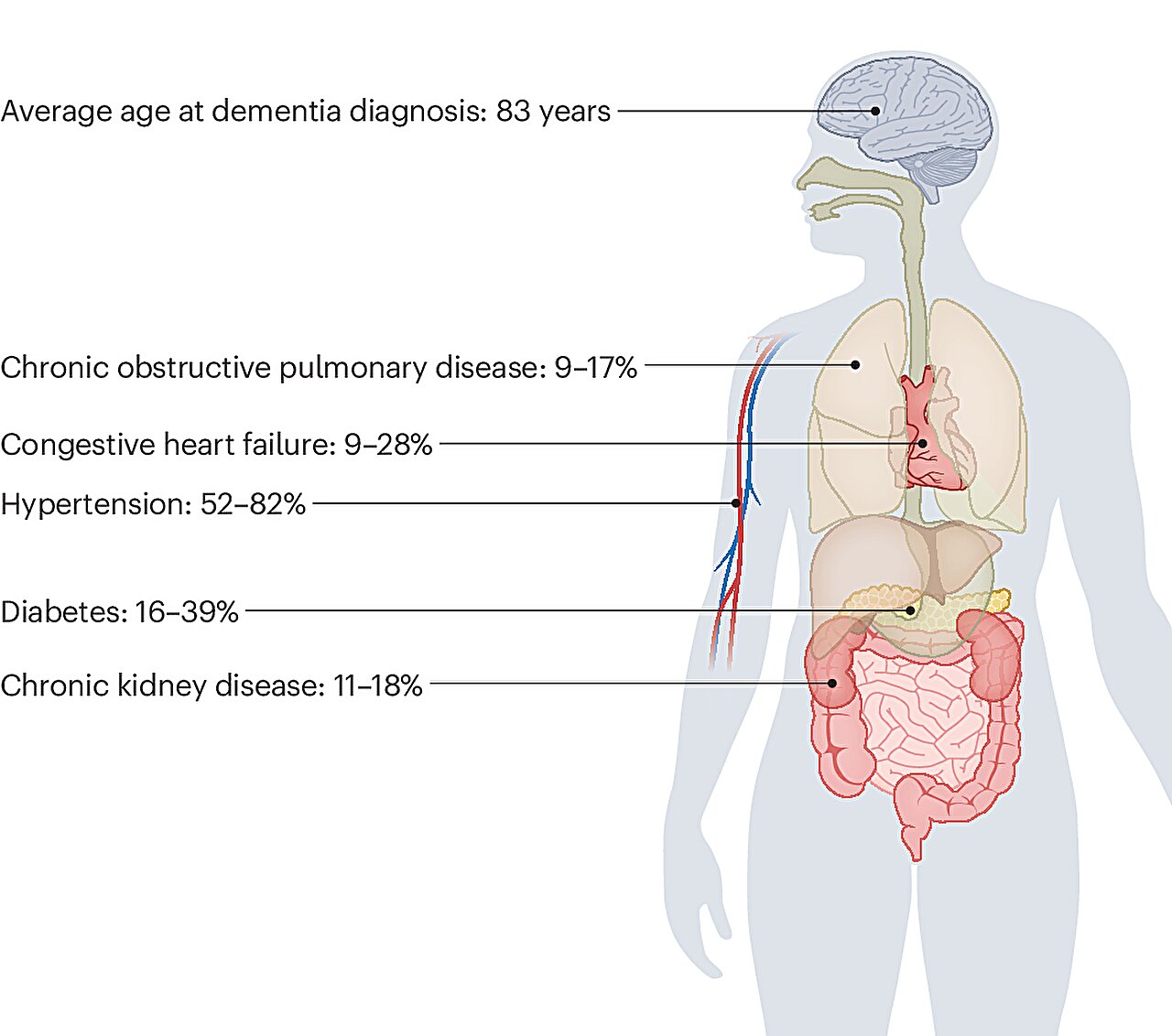A new study from UCLA researchers provides a strategy for finding treatments optimally tailored for women and men to prevent cognitive decline in aging as well as progression of neurodegenerative diseases by leveraging sex differences in the brain.
Aging is associated with cognitive decline and brain atrophy. Aging also confers a major risk for developing a neurodegenerative disease. Given the aging population, novel strategies are needed to identify neuroprotective therapeutics. The study of sex differences in brain aging and neurodegenerative diseases can reveal new candidate treatment targets tailored for women and men.
Understanding the role of sex chromosome gene expression in the brain in the context of waning sex hormones during aging is a new approach to identifying neuroprotective treatments.
Dr. Rhonda Voskuhl, Professor, and Dr. Yuichiro Itoh, Associate Researcher, in the Department of Neurology, have created a roadmap to identify novel neuroprotective treatments tailored for women and men that leverage known sex differences in brain aging and neurodegenerative diseases.
Previously, research pursuing treatments for neurodegenerative diseases ignored sex differences in the brain and pooled data together from males and females, taking a “one size fits all” approach. This could dilute out robust effects that exist in one sex but not the other at the clinical research level and fail to capitalize on known disease modifiers in the discovery of new treatment targets at the basic research level.
In their study, “The X factor in neurodegeneration,” Voskuhl and Itoh write that known sex differences in the brain as well as the effect of higher expression of certain X chromosome genes in females (XX) compared to males (XY) can be assessed for their role in neurodegeneration during aging, a stage of life characterized by loss of potentially neuroprotective hormones in females (estrogen in menopause) and males (testosterone in andropause). The study offers a roadmap for disentangling the contribution of these sex-specific factors, which can yield treatments optimized and targeted for each sex.
In the future, this roadmap can be used by researchers to discover targets on the X chromosome gene for development of modulatory treatments that prevent neurodegeneration and promote neural repair during brain aging.
“Given the aging population and lack of treatments to prevent cognitive decline during health and to reduce the risk for developing neurodegenerative diseases, it is now imperative to apply new strategies to identify neuroprotective treatments,” said Voskuhl, who also directs the UCLA Multiple Sclerosis Program. “Leveraging what is known about sex differences in multiple sclerosis, Alzheimer’s disease, and Parkinson’s disease can reveal candidate treatment targets tailored for women and men affected by these conditions. Sex chromosome effects remain understudied and represent a promising frontier for discovery, particularly in the context of declining levels of sex hormones during menopause and andropause.”
Voskuhl discloses being an inventor on patents owned by UCLA that involve estriol and estrogen receptor beta ligand treatments to maintain cognitive function during aging and neurodegenerative disease. Itoh has no conflicts of interest to disclose.

